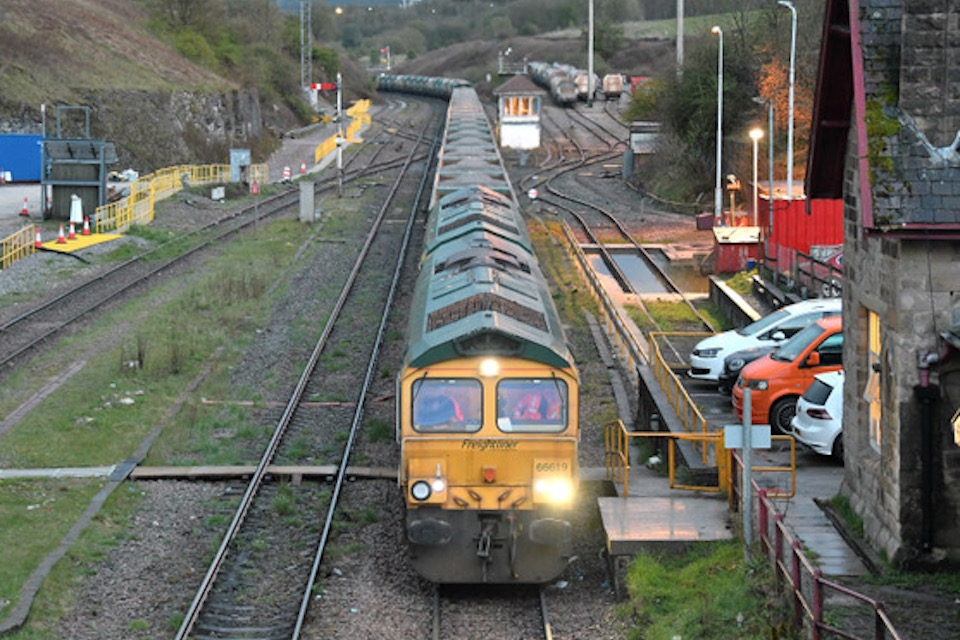Last week’s introduction of the UK government’s Draft Rail Reform Bill could be the catalyst for a whole system approach. That’s the view of Logistics UK, the industry-wide business group representing members from rail, road, sea and air transport. The organisation wants to see rail freight sit at the heart of the industry. That’s an ambition expressed in the draft bill, and Logistics UK is urging the Government to deliver.
The response has been mixed to the UK Government introducing its Draft Rail Reform Bill. Mostly, the concern has been that the bill will not make it through the parliamentary process before the country goes to the polls in a general election. That worries the industry, who fear that a potential change of government could see the proposed wide-ranging reforms ditched before they can be implemented.
Radically increase rail freight tonnage
The Rail Reform Bill is intended to deliver on the 2019 manifesto commitments of the ruling Conservative Party. It has been informed by a sheaf of reports and consultations. The most important of them is the report that has gone through more iterations than the franchise holders on the East Coast route. The authors finally settled on the familiar but lengthy title: “Great British Railways: Williams-Shapps plan for rail”. The Shapps part of the title refers to Grant Shapps, the transport secretary at the time and now the UK chancellor. Shapps effectively holds the purse strings on his own report.

That may or may not be good news for the rail industry. However, the government has set broad targets to radically increase rail freight tonnage. In that climate, any move to advance the rail reform programme is encouraging news for logistics businesses. There is enthusiasm in the sector to maximise rail as a mode for the delivery of goods across the economy. Great British Railways, a new combined track and train management agency, which will be formed as a result of the Bill’s adoption, will be tasked with achieving that growth target of 75 per cent by 2050 for rail freight usage.
A key stepping stone to decarbonisation.
“For some time, Logistics UK has been pressing the government for a ‘whole system’ approach”, explained Ellis Shelton, Logistics UK’s senior policy advisor. “The challenges of rail deliveries across the entire network and the new GBR entity will provide a strategic overview that will create improved reliability and performance for freight services.”
However, Shelton shares the concern that has been voiced elsewhere. “It is now of vital importance that the proposals outlined in [the] Bill are added to the statute as soon as possible after the general election to give rail users the certainty they require for future planning to be effective.”
Sense of urgency to combat key issues
“There is no doubt that the industry needs the reform which is proposed as part of the Great British Railways plan,” said David Pitt, Vice President of UK Rail at SilverRail – a provider of rail technology. “The reality is that it will not shift from draft to reality any time soon. The proposed changes are now very unlikely to become law before this year’s general election, meaning the government may not even get the chance to deliver on the plan.”
Pitt says that the Draft Rail Reform Bill has brought the need for change into the national spotlight. “If the industry is to thrive in the coming years, this must not become a political debate”, he hopes. “There should be a sense of urgency among all parties in the industry to combat key issues like fragmentation whilst also balancing public and private sector interests.” Perhaps that whole system approach is something that can survive a general election. The value of rail to the national economy should be apparent to any political persuasion.